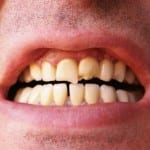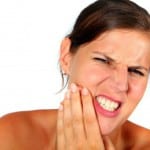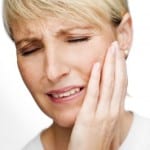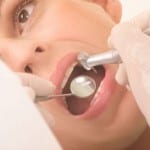 Are you stressed? Do you constantly find that you’re chasing your tail or worrying about how you’ll get things done, how you can help others or find time to tackle a to-do list as long as your arm? If so, you’re not alone. Studies show that many people suffer from stress and this can be damaging to oral health, as well as your general health.
Are you stressed? Do you constantly find that you’re chasing your tail or worrying about how you’ll get things done, how you can help others or find time to tackle a to-do list as long as your arm? If so, you’re not alone. Studies show that many people suffer from stress and this can be damaging to oral health, as well as your general health.
Tooth grinding, also known as bruxism, is often associated with stress and anxiety and if you wake up with symptoms include tooth pain, headaches, migraines, earache or pain in and around your jaw, you may be grinding your teeth during the night. Tooth grinding is a subconscious action and most people are unaware that they do it.
What are the effects of tooth grinding?
Tooth grinding can damage and weaken the teeth, as well as increasing the risk of TMJ (temporomandibular joint) disorder, headaches and ear ache. TMJ disorder is a term given to symptoms that affect the TMJ, the joint, which connects the lower jaw to the skull. Grinding the teeth can also interrupt sleep, which may further increase stress levels and affect your mood, energy levels and concentration.
Stressed? We can help!
If you’re stressed, we can help. With our bespoke bite guards, we can help to prevent damage caused by tooth grinding and ensure you and your partner enjoy a proper night’s sleep. We can also offer information about stress management and provide treatment for TMJ disorder.















